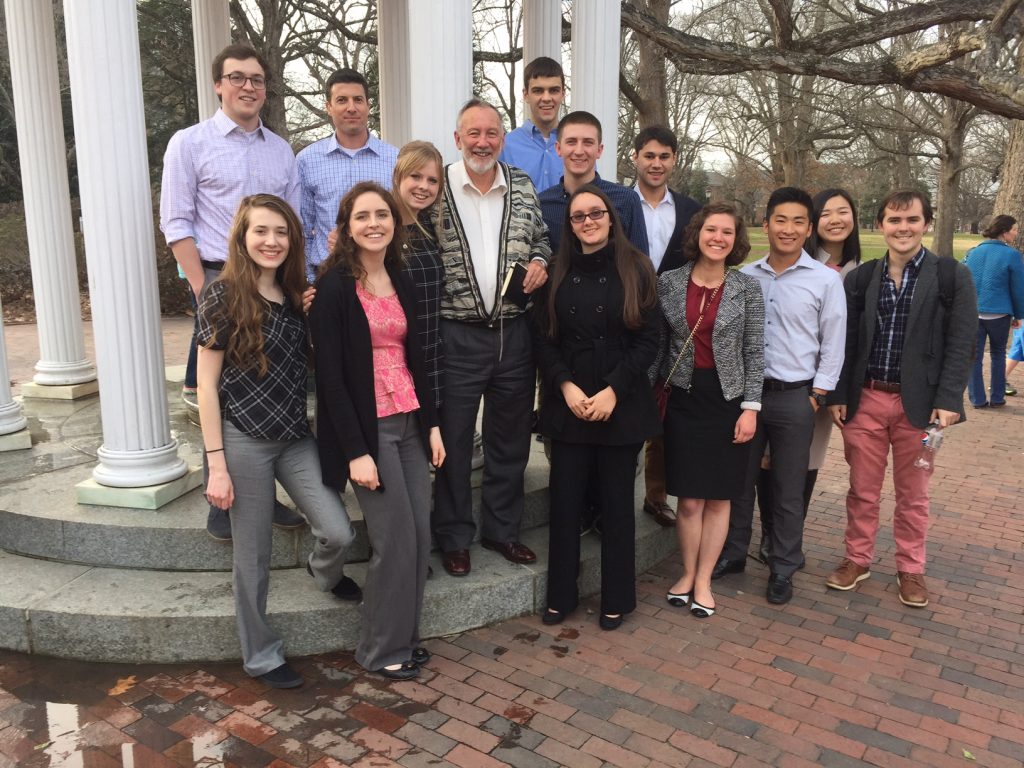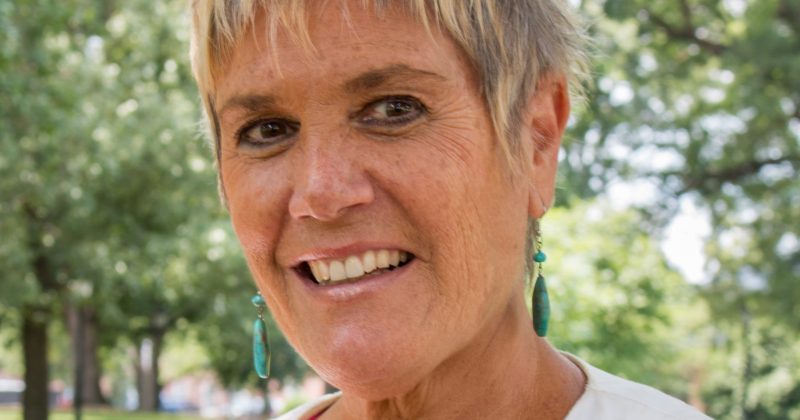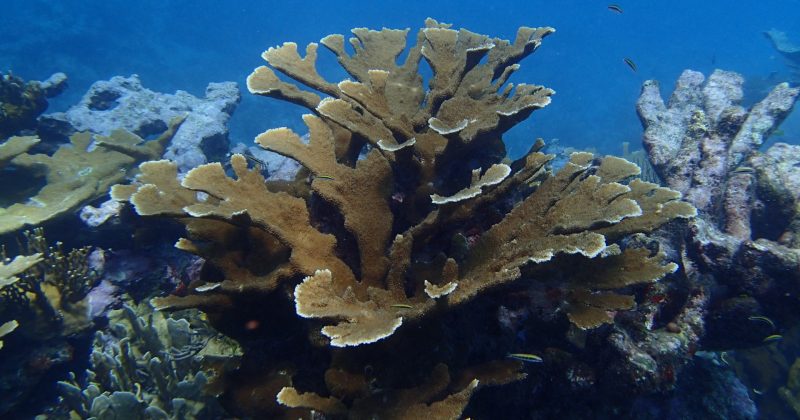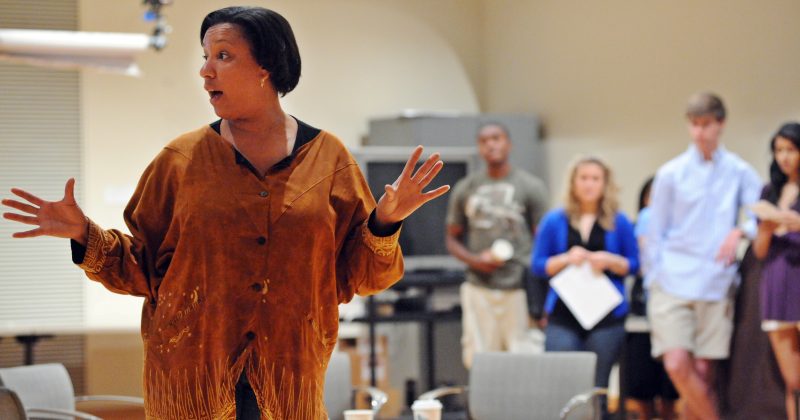
The program sponsors a national undergraduate colloquium that brings top PPE students to the UNC campus each year. (photo courtesy of the PPE Program)
Anyone interested in changing the world must understand how institutions and systems work, and how the political and social environments in which they operate shape them all.
UNC’s Philosophy, Politics and Economics Program, known around campus as PPE, offers a minor designed to help students develop such understanding.
“The PPE minor provides the tools needed to think fruitfully and articulately about how the world works and what can be done to improve it,” said PPE Director Geoffrey Sayre-McCord, Morehead-Cain Alumni Distinguished Professor.
UNC’s PPE program, launched in 2005, builds on Oxford University’s PPE Program, which began in 1924 and became the primary academic degree program for England’s leaders in government, nongovernmental organizations and business.
Each year, UNC’s 270 declared PPE minors come from a wide range of majors — biology, business, economics, global studies, history, journalism, philosophy, political science, public policy and sociology.

Many are attracted to the PPE minor because they “appreciate that it brings the social sciences and humanities together into a coherent program that is more than the sum of its parts,” Sayre-McCord said.
Any student, regardless of their major, may enroll in the PPE minor, which requires a gateway course, one course each in philosophy, politics and economics, and a capstone seminar. UNC’s PPE program collaborates with Duke University to co-convene the gateway and capstone courses.
The gateway course introduces students to the quantitative techniques, conceptual tools and core principles of the three disciplines, emphasizing the ways they complement one another.
The capstone seminar, typically taken in a student’s senior year, examines advanced issues at the intersection of the three disciplines, such as taxation, health care, climate change, globalization or human rights, shaped largely by the students’ interests. Students may also apply an interdisciplinary approach to examine a topic of their choosing.
The PPE program offers an active extracurricular program including semester-long reading groups, intensive weekend seminars and a speaker series, all open to people outside the minor. A national undergraduate colloquium brings 20 outstanding PPE students from across the country to UNC each year to discuss a core topic with moral, economic and political dimensions — an initiative that has positioned UNC’s program as a national leader in PPE education.
By Cyndy Falgout
Read more:
Jump-starting conversations and collaborations
Documenting UNC’s black pioneers
Creativity, conflict and social change in the Congo
Poets take on topics of justice
PlayMakers at 40 revisits The Crucible
Published in the Fall 2016 issue | Features
Read More

Jump-starting conversations and collaborations
A Q&A with Terry Rhodes ’78, senior associate dean for…

Isolated coral reefs are not healthier
For the world’s coral reefs, the picture keeps getting gloomier….

UNC among top five public universities for 16 years
For the 16th year in a row, UNC-Chapel Hill placed…

